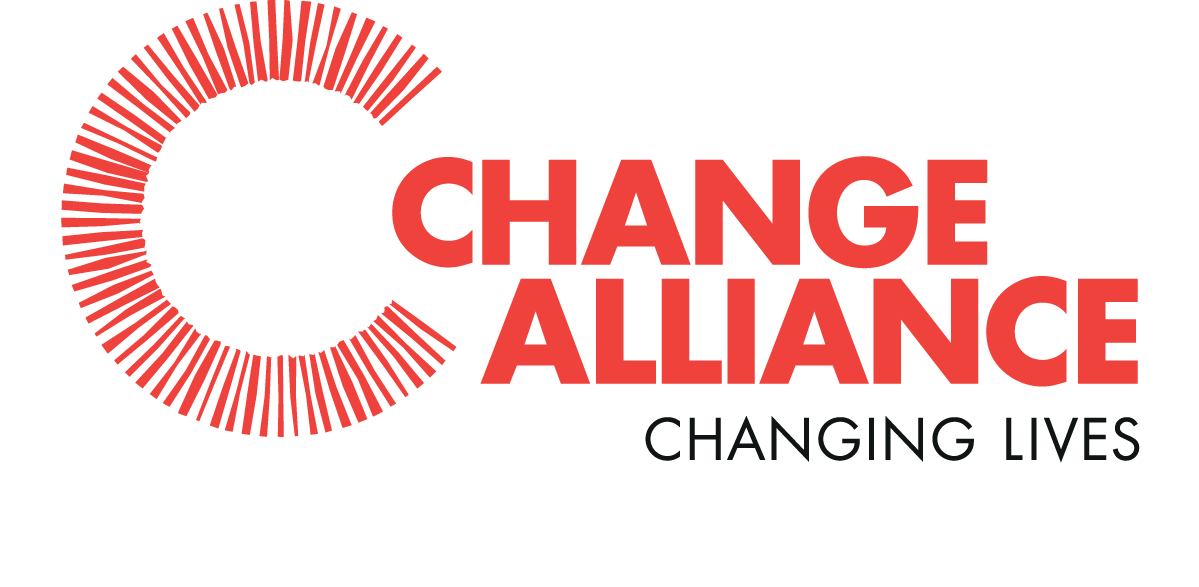Background
Sexual harassment at the workplace and within the community is a form of violence against women and a human rights violation. It remains a serious and widespread problem for workers in the Indian garment industry. Though it is a legal mandate (Prevention of Sexual Harassment Act 2013 by Government of India) to maintain a robust anti-harassment policy, establish a functional Internal committee and facilitate awareness raising programs about the consequences sexual harassment, brands and suppliers should take an active role in preventing violence and promoting gender equality.
The theory of change is placed in the context of the emerging global ecosystem of transparent and sustainable supply chains and larger policy directions of the Government of India, which has shown a clear commitment towards proactively investing in the wellbeing of the workforce. It not only fulfils the stated commitments and compliances of the Government of India but is also expected to align with the global standards, which aim to bring about Transparency in Supply Chains aligning to the Modern Slavery Act, 2015 UK. The programme will contribute to the goal 5, 8 and 10 of UN- Sustainable Development Goals (SDGs) on promoting gender equality and reducing inequalities.
